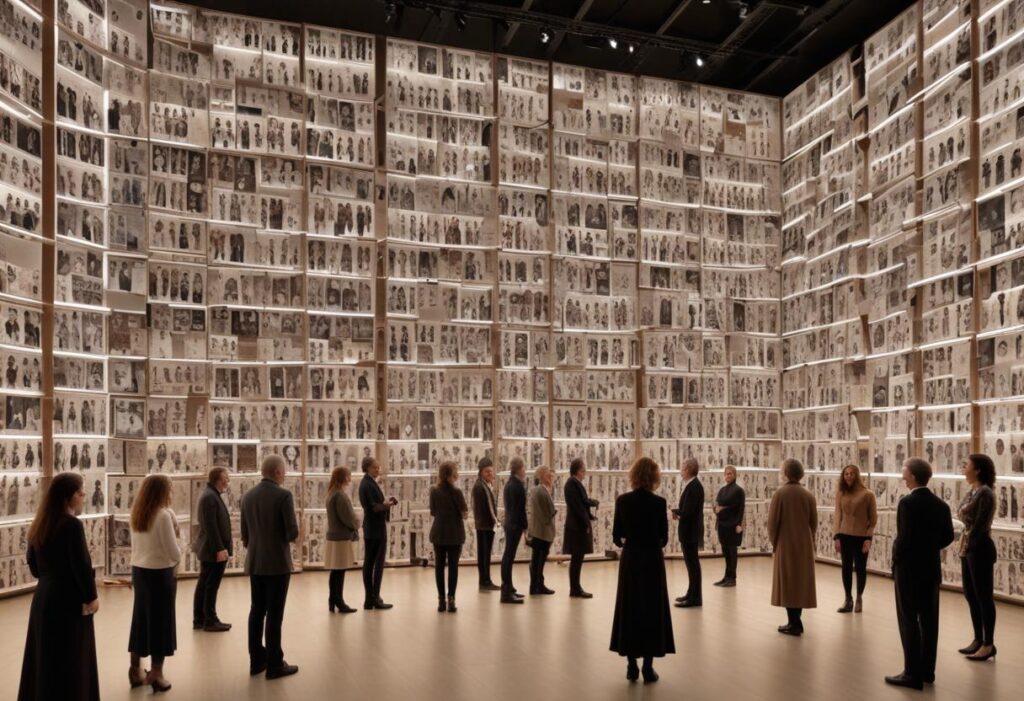Public domain refers to creative works and intellectual property that are not protected by copyright law or whose copyright has expired, allowing anyone to use, reproduce, distribute, or modify them without permission or payment of royalties. Here’s how public domain works and how it can affect authors:
What is Public Domain?
- Copyright Expiration:
- Copyright protection for creative works typically lasts for a limited period, after which the works enter the public domain. The duration of copyright varies by country and type of work.
- Creative Commons Licenses:
- Some creators choose to release their works under Creative Commons licenses, which allow specific uses while retaining certain rights, such as attribution or non-commercial use.
- Government Works:
- Works created by government agencies or employees as part of their official duties are often considered public domain and can be freely used by the public.
- Unprotected Works:
- Ideas, facts, common knowledge, and works with expired copyrights or unprotectable elements (e.g., titles, slogans) are also part of the public domain.
How Public Domain Affects Authors:
- Access to Resources:
- Authors can access public domain works for research, inspiration, adaptation, or incorporation into their own creative projects without legal restrictions or copyright issues.
- Derivative Works:
- Public domain works can be used to create derivative works, adaptations, remixes, or new interpretations without seeking permission or licensing from copyright holders.
- Cultural Heritage Preservation:
- Public domain works contribute to preserving cultural heritage, history, literature, and knowledge by making them accessible for educational, artistic, and cultural purposes.
- Inspiration and Creativity:
- Authors can draw inspiration from public domain works, themes, characters, settings, or plots to create original works with new perspectives, interpretations, or creative twists.
- Educational and Non-Profit Use:
- Public domain works can be used for educational materials, non-profit projects, academic research, historical documentation, and cultural preservation efforts without copyright restrictions.
- Promoting Free Expression:
- Public domain encourages free expression, creativity, and innovation by providing a repository of unrestricted content that can be freely shared, adapted, and distributed.
Considerations for Authors:
- Copyright Status:
- Authors should verify the copyright status of works before using them, especially if they plan to create derivative works or use public domain elements in commercial projects.
- Attribution and Integrity:
- While public domain works can be used without permission, authors should still attribute the original creators and respect the integrity of the works when incorporating them into their own projects.
- Legal Advice:
- Authors dealing with complex copyright issues, fair use, or public domain works in commercial ventures should seek legal advice to ensure compliance with copyright laws and intellectual property rights.
Overall, understanding public domain and its implications can help authors leverage resources, foster creativity, and navigate copyright considerations effectively in their writing and creative endeavors.

